Spartacus: a man from nowhere. The secret of the famous gladiator
So, Spartak, “great in body and soul” (Sallust).
Distinguished "not only great boldness and physical strength, but intelligence and humanity. By this he was significantly superior to others, being much more similar to the Hellene ”(Plutarch).
“A deserter who has become a robber” (Flor).
“A low gladiator designed to be in the circus arena a cleansing sacrifice for the Roman people” (Synesius).
The contemptible slave, who, according to Lucius Flora, “was killed and died, as a quasi imperator would be -“ the great emperor ”(in this case, the Roman author means the honorary title awarded to the victorious commander by soldiers of his army: from that time he could attach it to your name. This informal title did not give any privileges and privileges, but was considered the highest award and the highest achievement of any military leader).
The man whom the Thracian prophetess and priestess declared to be god, in which many, both slaves and Romans, believed.
And even more. Here is what St. Augustine the Blessed wrote about the rebellious slaves:
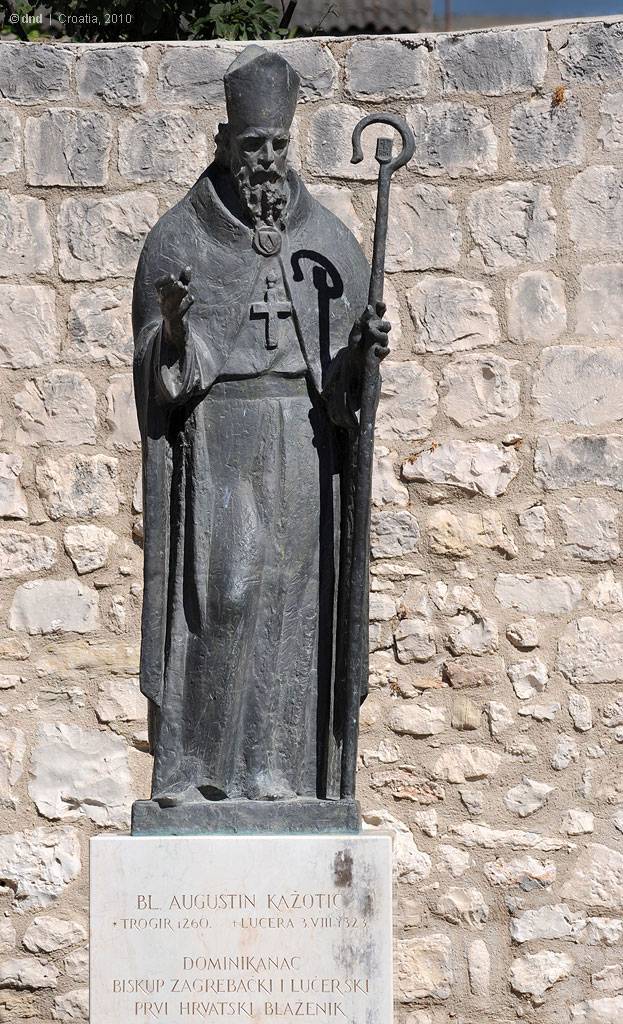
Think about these words! Christian author of the end of the 4th — 5th centuries. from R.Kh. asks his readers: what god came to Italy in the summer of 74 BC. under the name of Spartacus? Mars, Apollo, Hercules or the unknown god of a foreign country? And maybe the rebel slaves were helped by the One, whose Son will soon be crucified in Jerusalem, and 6 000 crosses on the Appian Way - this is just a rehearsal of another, the Main Crucifix?
Let's leave mysticism and think about something else: where did this strange name come from - Spartak? Why, blinded by the terrible brilliance of the arrogant Romans, it is not found in any other source - no man wore it in Rome, Greece, Thrace, Spain, Gaul, Britain, Asia, neither before nor after our hero. And is it a name? There are more questions than answers. Let us try to answer at least some of them.
According to the most common version, Spartacus was a Thracian. Plutarch writes: "Spartacus, a Thracian who came from a tribe of nomads." In this short phrase, a contradiction immediately strikes the eye, which undermines the credibility of the source: the fact is that the Thracians were never “nomads”, that is, nomads. Some researchers have suggested that we are dealing with a mistake of the scribes, and suggested reading this phrase as follows: "Spartacus, a Thracian from the tribe of honey." The tribe of honey in Thrace, indeed, lived in the middle stream of the Strymona (Struma). The capital of this tribe is believed to be located near the modern city of Sandanski.
Athenaeus claimed that the leader of the insurgent gladiators was a slave from birth. But Plutarch and Appian report that Spartak was a Thracian warrior (perhaps even a commander of a low rank), fought against Rome and was captured.
Flor, a Roman historian and author of “Epitome of Titus Libya,” considers Spartacus a Thracian mercenary who deserted from the Roman army. This version was used in his famous novel by Rafaello Giovagnoli: his hero, the Thracian Spartak, fought against the Romans, was captured, but for his bravery he was enrolled in one of the legions, and even received the title of dean. However, he did not fight against his fellow tribesmen; he fled, but was caught, and only after that was he sold into slavery.
The Thracians both fought Rome and served as mercenaries in his troops, and during the uprising of Spartacus the Roman army led by Marc Licinius Lucullus fought in Thrace. There were plenty of prisoners of war and slaves from this country in Rome, so the versions of Plutarch, Appian and Flora are quite plausible. The only weak point of these hypotheses is that not a single Thracian known to us carried this beautiful and sonorous name. Even after the news that had spread all over the world about the unprecedented victories of Spartacus, the inhabitants of Thrace did not call their boys to them, which is very strange: it’s so natural to name your son in honor of the great countryman-hero. Trying to resolve this contradiction, some researchers have suggested that we are talking about a representative of the Thracian royal family of Spartokids, who ruled at one time in the Bospor kingdom located on the territory of Crimea.
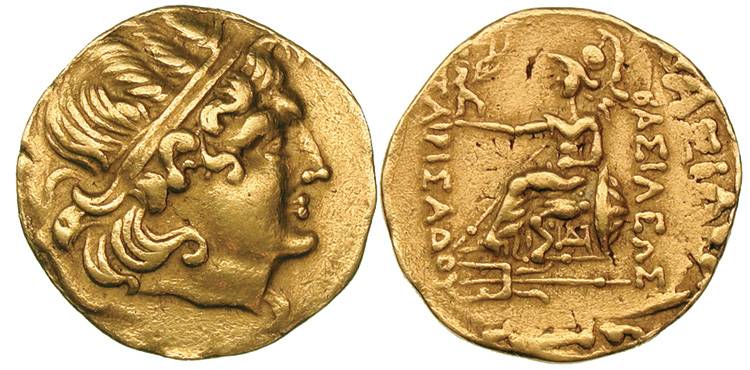
However, the Spartokids dynasty was well known to the Romans, they could not confuse the names Spartak and Spartok. Moreover, if it were possible to identify the leader of the rebels with a member of the royal house of Spartokids, this would certainly have been done. After all, the Romans themselves did not harbor any special illusions about this war and were not shy in expressions. The poet Klavdian, for example, speaks of Spartacus:
Another poet, Appolinary Sidon, also does not spare the feelings of his fellow citizens:
But who "accelerates" the consular army? If an overseas prince, then there is nothing special about these defeats - everything happens in a war. Defeat from a worthy opponent is not insulting, and the victory over him is a great honor. Here, for example, today Hannibal drives the proud Quirites around Italy, and they are his tomorrow - in Africa. What will the Roman historians write in the end? The enemy commander, of course, is a hero and a good fellow, which ones to look for, but he failed to take advantage of his victories and therefore as a strategist Scipio is better than Hannibal, and Rome, as a state, is better than Carthage. But if the Roman legions are “dispersed” by the gladiator Spartak - this is a completely different matter, it is a disaster, fraught with the loss of the status of a world power. Even the war with slaves in Sicily was not so shameful in the eyes of the Romans as the war with the gladiators. The fact is that both the Etruscans and the Romans were honored by people who had already crossed the threshold between the worlds and belonged to the spirits of the underworld. They were cleansing victims for some important grandee (if his heirs could afford such an expensive sacrifice), or for the whole nation. Figuratively speaking, for the Romans, Hannibal was a fire-breathing dragon who flew in from the sea, and Spartak, whom Orosius compared with Hannibal — the sacrificial bull that fled from the altar and defeated half of Rome. And no future victories could atone for the shame of defeats. Recall the famous decimation of Mark Crassus, who literally shook everyone: the republic’s army suffered terrible losses, and Rome trembled with fear. And in these conditions, Crassus executes every tenth warrior of the defeated legions. And not just executes - he sacrifices his soldiers: according to Appian, these executions are accompanied by gloomy rites of initiation of the unfortunate to the underground gods. Perhaps the goal of Crassus was not the punishment of "cowards", but an attempt to win the favor of the rulers of the other world? Perhaps he wanted to persuade them to his side, so that they refused to help their clients - already belonging to them gladiators. And for this appeal to strange and terrible gods, he was not awarded the triumph after the victory over the rebels - just a standing ovation (but in a laurel wreath). Because triumph is a solemn ceremony of gratitude to Jupiter of Capitoline, from whose help Crassus actually refused, turning to the gods alien to Rome. And maybe it was precisely for turning to the underground gods that Crassus was so hated in Rome?
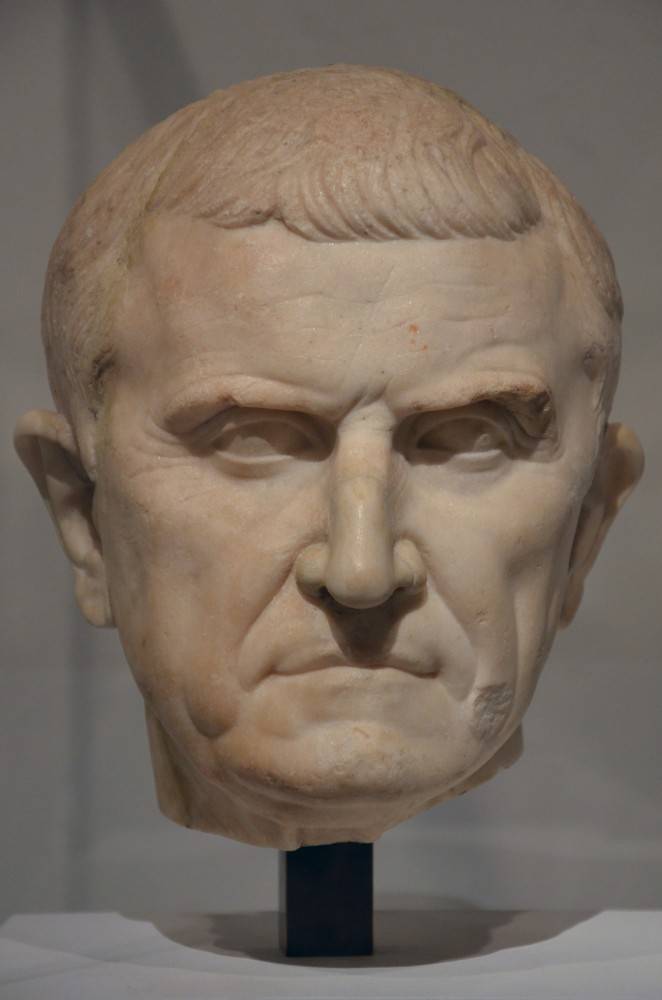
Enough mystics for today, let's talk about other versions of the origin of the name of our hero. Some researchers have suggested that Spartacus is a Greek name, derived from the name of the mythical people of Sparti, who grew out of dragon teeth sown by Theban Cadmus. He could wear it as a Hellenized Thracian, and Greek. After all, we remember the words of Plutarch, that Spartak was "much more like a Hellene."
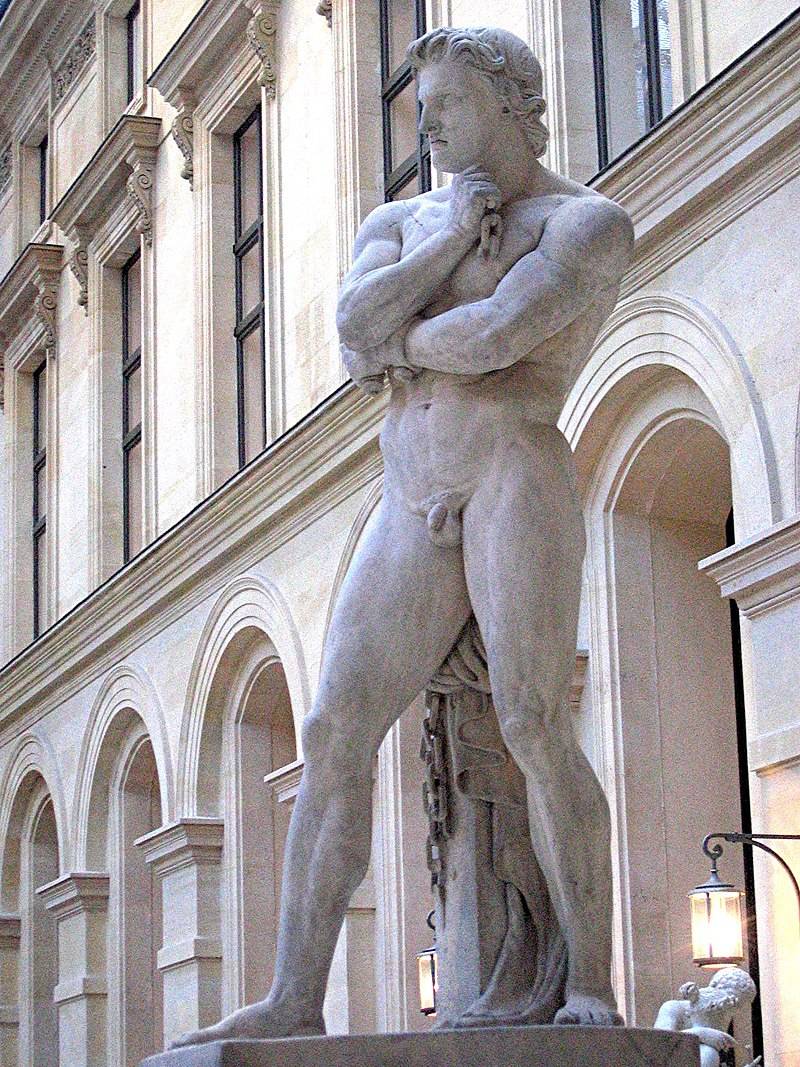
But maybe Spartacus is not a name, but a nickname? Historians know the Thracian city of Spartak. Could not Spartak be his native? Pretty convincing and very logical. But if we are talking about nicknames, then why this nickname can not be a nickname? And the nickname of contempt - because the gladiators were the most disrespectful class of Rome. In this case, the dog's nickname: that is, Spart or Spartak was the name of one of the three dogs that tore up its owner - turned into Artemis into Actaeon deer. That is, Spartak is a man-dog tormenting his Roman masters! Very interesting magic of names, but the leader of the slaves was called so before the uprising. But why, unlike others, could this gladiator get a “non-human” name? The explanation may be as follows: Spartak is not a slave from birth, and not a prisoner of war, he was previously a free man, not even an Italian, but a Roman. In this case, he could not speak in the arena under his own name: superfluous questions could appear to the owner, and the former Roman citizen understood that by becoming a gladiator, he disgraced his family. And perhaps Spartak did not leave Italy, precisely because he had nowhere to go. After all, we remember that for some reason he turned back from Tsizalpinskaya Gaul, and allegedly failed to agree with the pirates. Maybe just did not want to leave? Not the soldiers begged him, but, on the contrary, he persuaded the commanders of his army to stay and go to Rome. But, to sell into slavery the citizens of the Roman Republic, was prohibited by law. And, moreover, it was impossible to sell a Roman citizen to gladiators. Gladiatorial battles were considered in Rome an occupation so shameful that even ordinary slaves could not be forced to take part in them without sufficient reason. Cicero puts the gladiators on a par with the most disgusting criminals, when he says that "there is no such poisoner in Italy, the gladiator, gangster, robber, murderer, forger of testaments, who would not call Catiline his friend. " The same Cicero in "Tuskulan conversations" writes: "Here are the gladiators, they are criminals or barbarians." Not surprisingly, the word “lanista” (the owner of the gladiator school) translated into Russian means “executioner”.
The most fortunate gladiators could be extremely popular, but, nevertheless, remained pariahs - the most despised members of society.
For what could be sold to gladiators Spartak, if, indeed, was a Roman citizen? Why did he deserve such a heavy and shameful punishment? And was it even possible at that time?
The years preceding the uprising of Spartacus were very difficult and unpleasant for Rome. More recently, the so-called Allied War (91-88 BC) ended, in which Rome was opposed by indigenous tribes who tried to create the state of Italy on their lands. The victory did not bring relief to the Romans, because the First Civil War began almost immediately (83-82 BC), in which many Italic policies took the side of Maria against Sulla. And, talking about the army of Spartacus, Sallust asserts that it included “people free in spirit and famous, former fighters and army commanders Maria, illegally repressed by dictator Sulla”.
Plutarch also reports that some of the rebels were imprisoned "in a dungeon for gladiators because of the injustice of their master who dared to send them to the arena of Roman citizens who heroically defended freedom from the tyranny of Sulla."
Varro bluntly says that "Spartak was unfairly thrown into the gladiators."
The fact that slaves constantly rebelled in Rome could always be in favor of the not quite common origin of Spartacus, the army resented every now and then, and the gladiators, until the appearance of our hero, were surprisingly submissive to their unenviable fate. And even after the example shown by Spartak, they possess great weapons and the gladiators doomed to certain death tried to revolt only twice - both times unsuccessfully. During the reign of Nero in the city of Prenest, the gladiator riot was put down by the guards. Under the Emperor Sample (3rd century), gladiators managed to break into the street - but only that. But when in the school of Lentula, Batiat was “unfairly abandoned” there (Varro) and Spartan, similar to the Hellene (Plutarch), the gladiators suddenly rebelled, and not only broke free, but began to smash the Roman legions. Spartacus, of course, was supposed to be a skillful and strong warrior, but there were many such among his comrades in misfortune. Another thing is surprising: as a commander Spartak, he far surpassed all his rivals with military talents. Sometimes it is hard to believe that a former slave, either a simple mercenary or an ordinary Thracian soldier, could command an army that was impeccably maneuvering under difficult conditions. It is also not clear where the foreigner, locked in the four walls of the gladiator school, has such knowledge of the roads and terrain of Italy, both North and South. Mountains, turbulent rivers, forests and swamps - for Spartak these obstacles do not seem to exist. He is always where he wants, and always ahead of the enemy. Do not forget also that Spartak is smart, obviously has some kind of education and, according to Plutarch, is humane (compared to his colleagues, of course). But on the other hand, why would an unfairly repressed Roman citizen, a “free spirit and glorified” person, not to declare his real name after the first victories and not tell potential supporters that he is going to Rome in order to restore justice? After all, he must have supporters. Here is Guy Julius Caesar, for example. The family of this young ambitious person suffered greatly from the repressions of Sulla, and he himself barely escaped at that time. Now Caesar is a military tribune and the favorite of the Romans, why should he mess with, to put it mildly, the unpopular Crassus, if he has such a powerful ally? Rafaello Giovagnoli in his novel considers such a union quite possible: it was Caesar who warned Spartacus that the gladiatorial plot had been revealed. Alas, neither Caesar, nor anyone else will make an alliance with Spartak. Firstly, he would have too much compromised himself by supporting the rebellious slaves, and secondly, Sulla’s supporters are no less than Mary’s, they will not return the land, estates and houses received from the dictator, and will not give up their posts. A new civil war will begin. In this case, Rome will be destroyed not by the rebel slaves, but by the Romans themselves. Caesar understands this, and therefore in no case will Spartak accept the offer, and all the surviving relatives of the “illustrious” person will probably be destroyed.
But the version of the Roman origin of Spartacus is in clear contradiction with numerous testimonies of very, very respected historians, who almost unanimously claim that he was a Thracian. And how could Spartak manage to “pass for their own” among the real Thracians?
In addition, some Roman historians (Synese, for example) call Spartak's “Thracian” “Gall”: “People from Gaul Crix and Spartak, people from low gladiators”.
Orosius does not agree with him, he clarifies: “Under the command of the Gauls of Kriks and Enomay, and the Thracian of Spartacus, they (the gladiators) occupied Mount Vesuvius.”
That is, Kriks is a gall, but Spartak, nevertheless, as reported by other authors, the Thracian. Where does this confusion come from? Many researchers quite reasonably believe that the Gaul gladiators and the Thracian gladiators were not necessarily real Gauls or Thracians: it could be not about nationality, but about arming the fighters. The gladiators who received the Gallic weapon automatically became “Galls”, the Thracian - “Thracians”.
Plutarch writes: “A certain Lentula Batiat had a school of gladiators in Kapuya, of which the majority were Gauls and Thracians”.
The question arises: is it really about immigrants from Gaul and Thrace? Or - about the representatives of the conditional "teams" (corporations) of Gaul and Thrace? But among the gladiatorial corporations there were also “Samnites”, for example. Didn't the gladiator specialization of Spartacus of his late biographers? Could it be that they were misled by the fact that in the circus arena the Thracian Spartak performed on the “team of the Gauls”?
He lived in the I-II century. AD Roman historian Flor claims that Spartak belonged to the gladiatorial corporation of the Myrmillons (on a silver fish on their helmets). However, in the days of Spartacus such a corporation did not exist. But there were gladiators similar in weaponry and they were called ... Gauls! So, Spartak, indeed, could act "in the Gauls team", and then, calling our hero Thracian, Athenaeus, Appian, Plutarch, Orosius and Flor nevertheless had in mind his national identity, and not the gladiatorial specialty. By the way, in the equestrian portrait of our hero, discovered in Pompeii in 1927, he holds in his hand an not-so-usual short wide sword resembling a Gallic - but not a battle one, but a gladiatorial one (a battle Gallic sword is longer and not so wide).
Plutarch writes that gladiators gladly changed their "shameful" weapons for the real - combat. After a number of victories, Spartak, of course, could have chosen for himself any trophy sword, the most expensive or beautiful, but he apparently went to the last battle with the weapons he possessed the best.
So who really was Spartacus? Perhaps someday historians will open documents that shed new light on the personality of the famous leader of the Roman slaves.
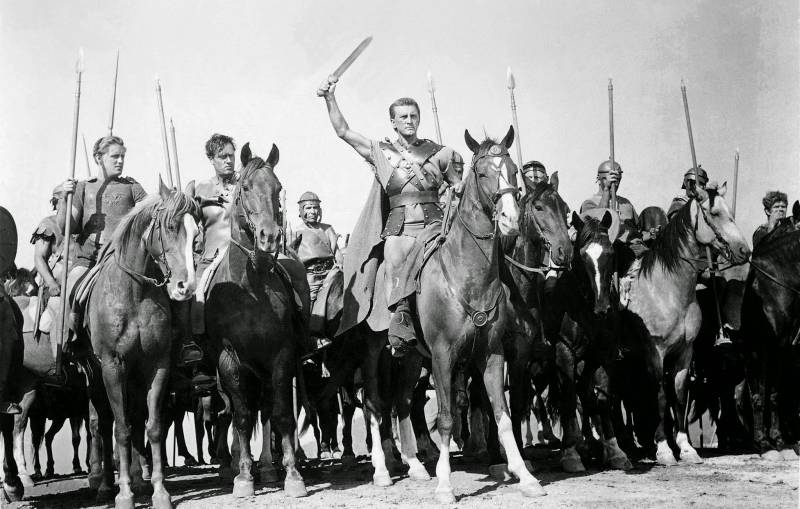
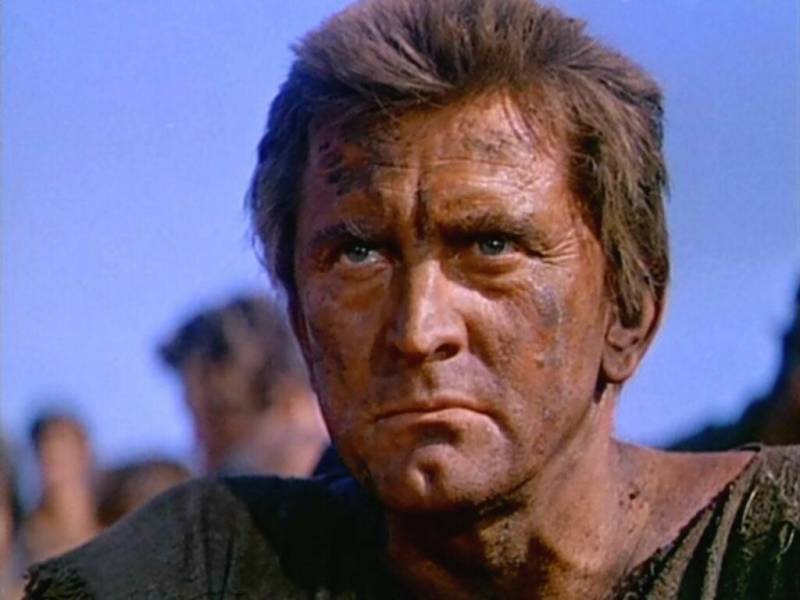
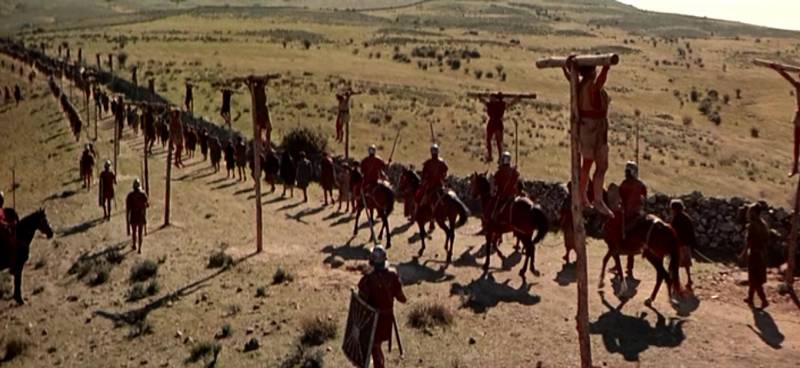
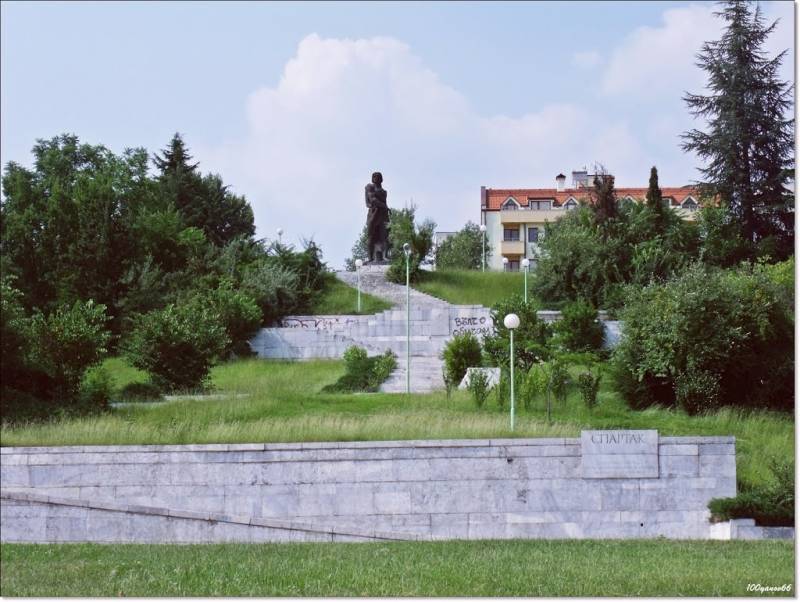
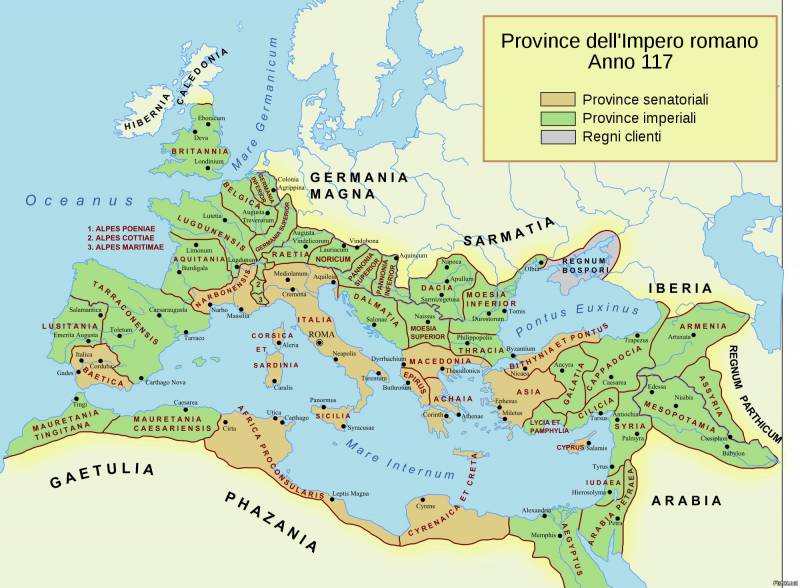
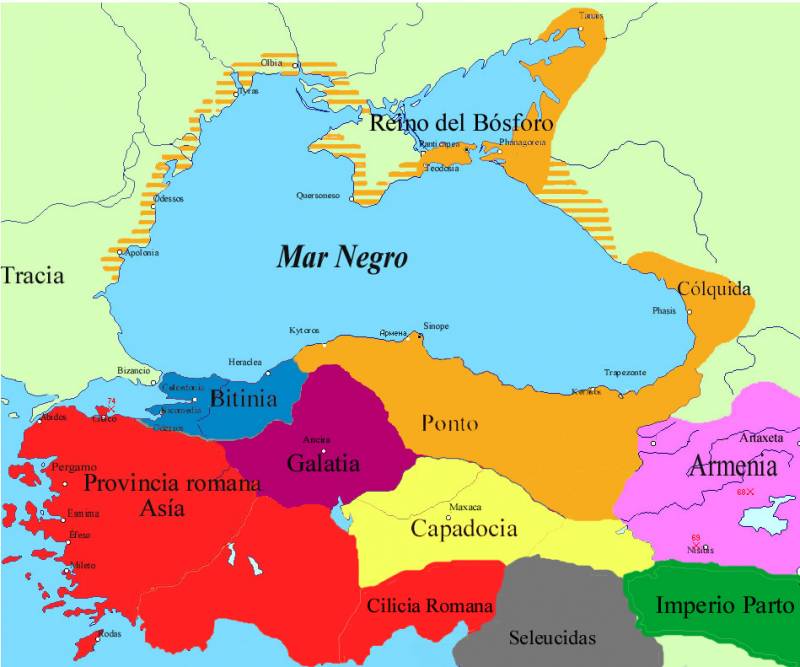
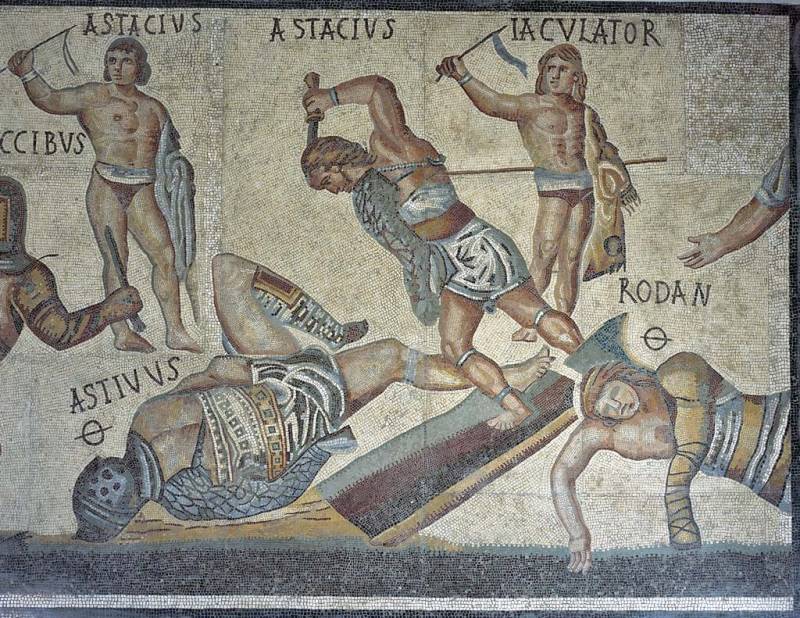
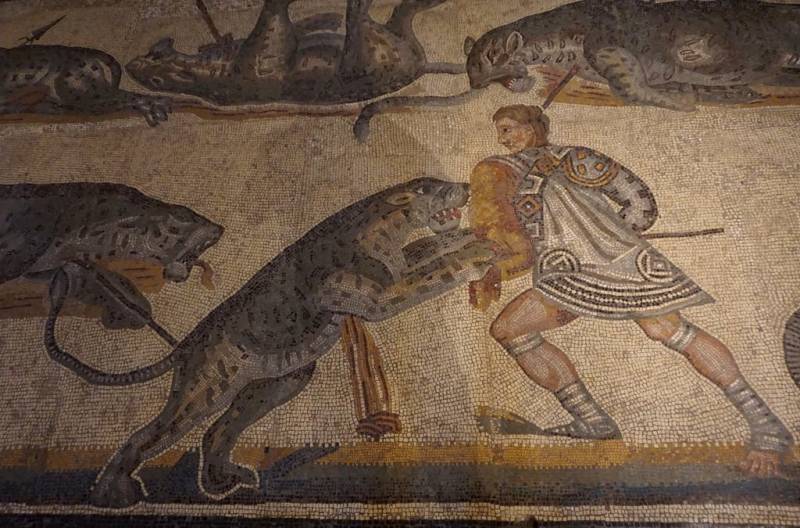
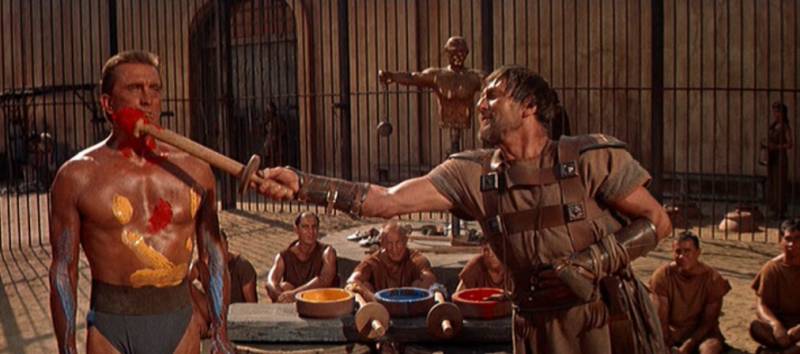
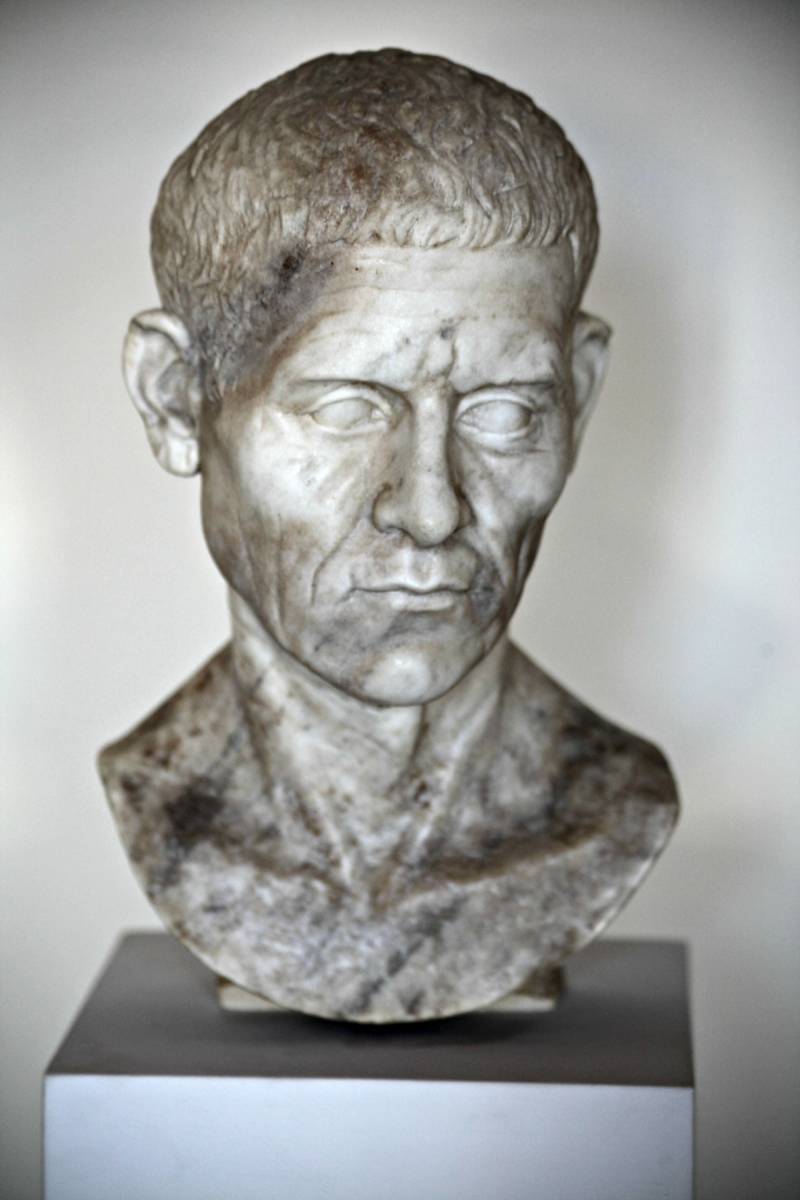
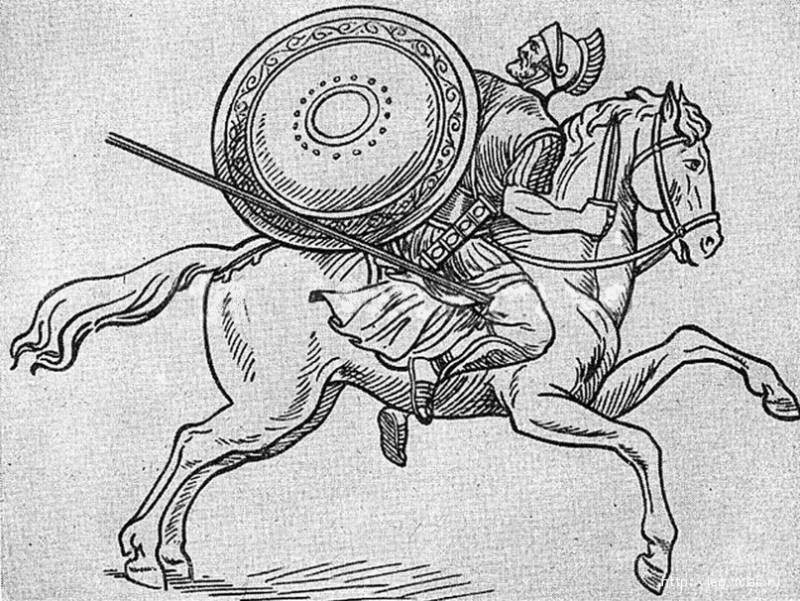
Information